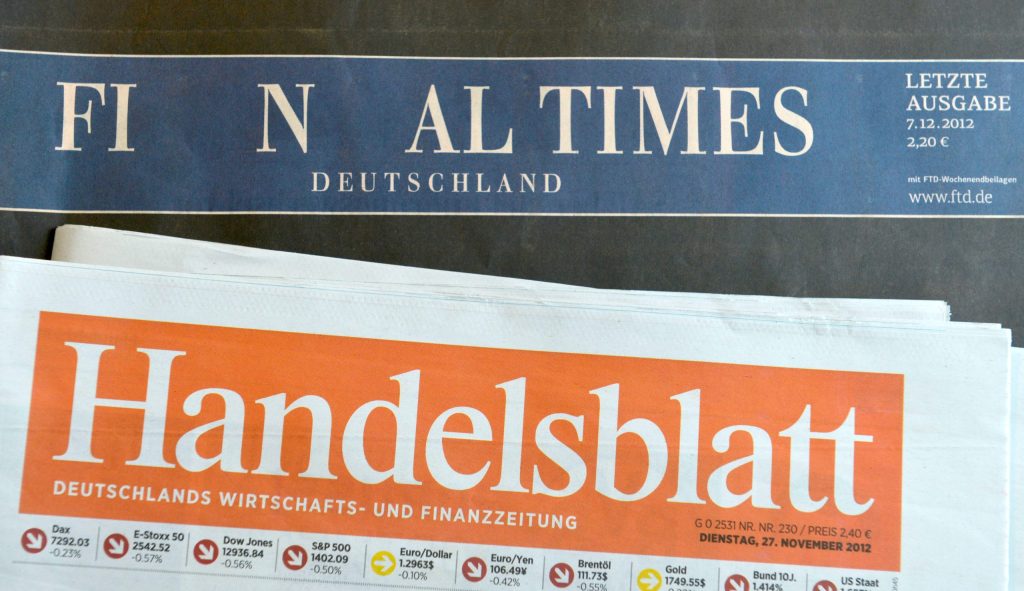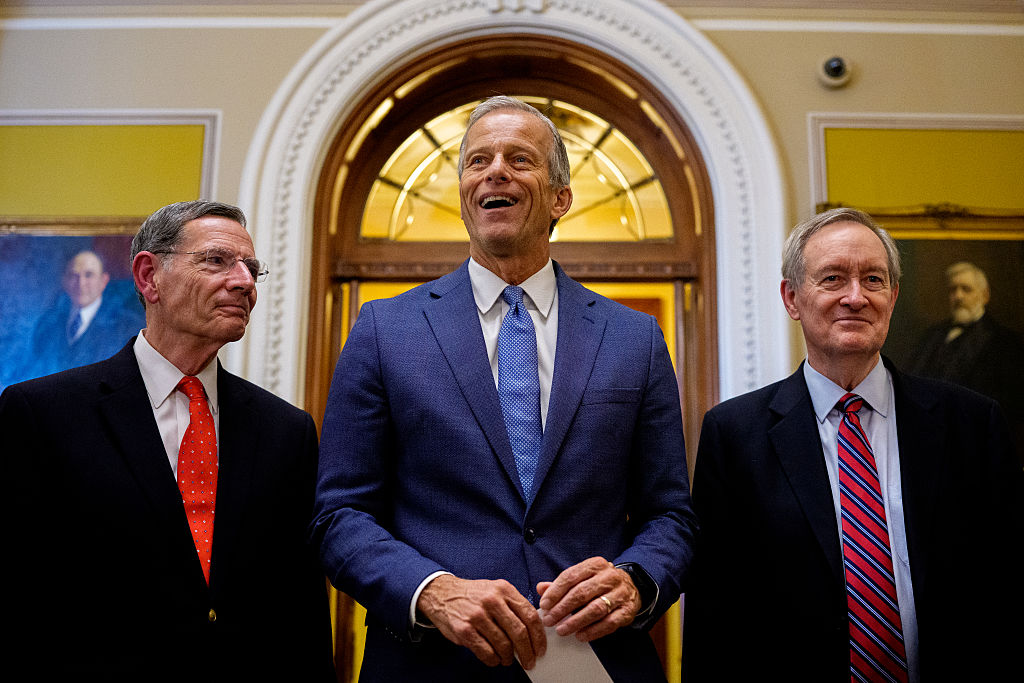The Düsseldorf offices of German daily newspaper Handelsblatt will not be a happy place this morning. Last night, the respected financial paper published a 1,200-word piece claiming that the Oxford-AstraZeneca vaccine is only 8 percent effective among the over-65s. The claim, based on anonymous sources within the German government, caused outrage.
AstraZeneca responded quickly, saying the allegations were ‘completely incorrect’ while a spokesperson for Oxford University said there was ‘no basis for the claims of very low efficacy’, pointing to five peer-reviewed papers into the vaccine’s efficacy. Meanwhile, UK government ministers seethed over the report blasting its recklessness — which came after a day of escalating tensions with the EU over the vaccine rollout.
Now it turns out the whole episode appears to be an unfortunate case of Chinese whispers — the German health ministry has belatedly denied the story, saying the 8 percent figure instead referred to the proportion of 56- to 69-year-olds in the vaccine trials. In a statement, the ministry said:
‘At first glance it seems that the reports have mixed up two things: about 8 percent of those tested in the AstraZeneca efficacy study were between 56 and 69… But one cannot deduce an efficacy of only 8 percent with older people from that.’
So, what’s going on? Cockburn finds it curious that claims the Oxford vaccine was rather ineffective for the over-65s surfaced on the same day that the EU clashed with the vaccine manufacturer over a reduction to its order…
Update: Perhaps the journalists at Handelsblatt can take some comfort in the fact that UK journalists also appear to be struggling to get their facts straight. The Guardian has provoked fury today after publishing an article on the row entitled: ‘Should we worry about claims AstraZeneca jab has 8% efficacy in over-65s?’. This headline was in place even after the German government had dismissed the reports. The article has since been changed — but not before traces were found.

























